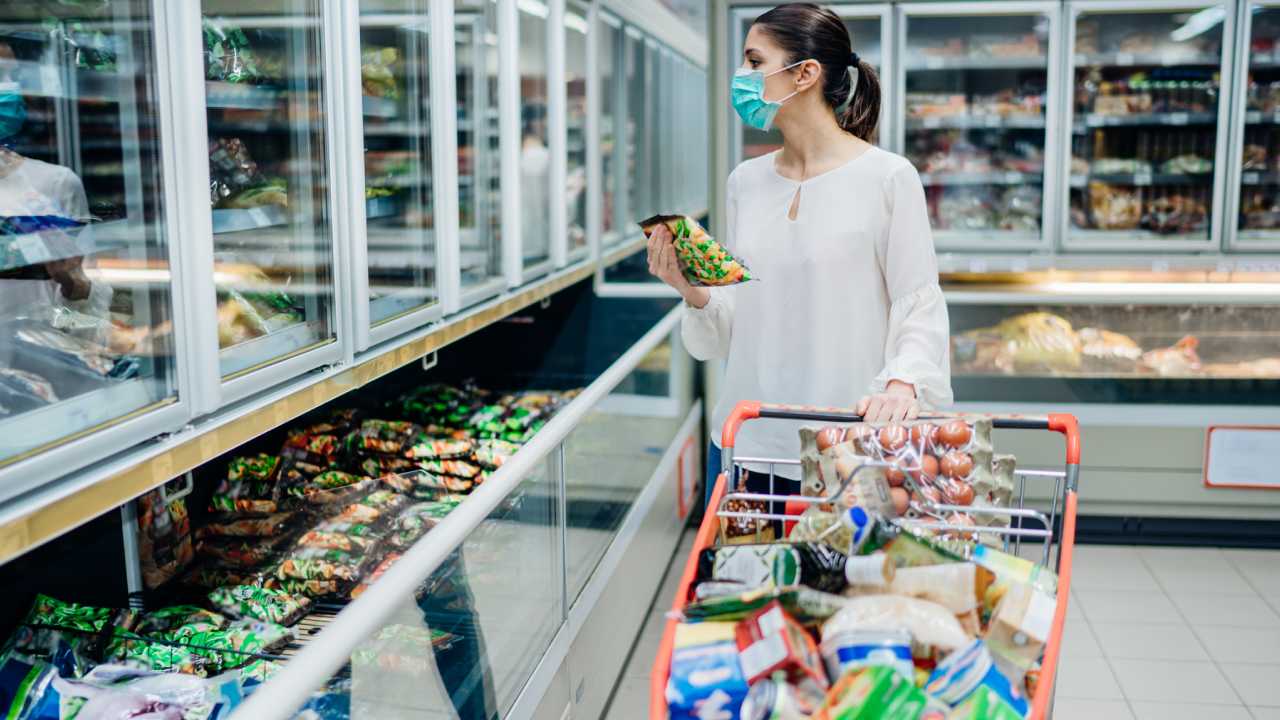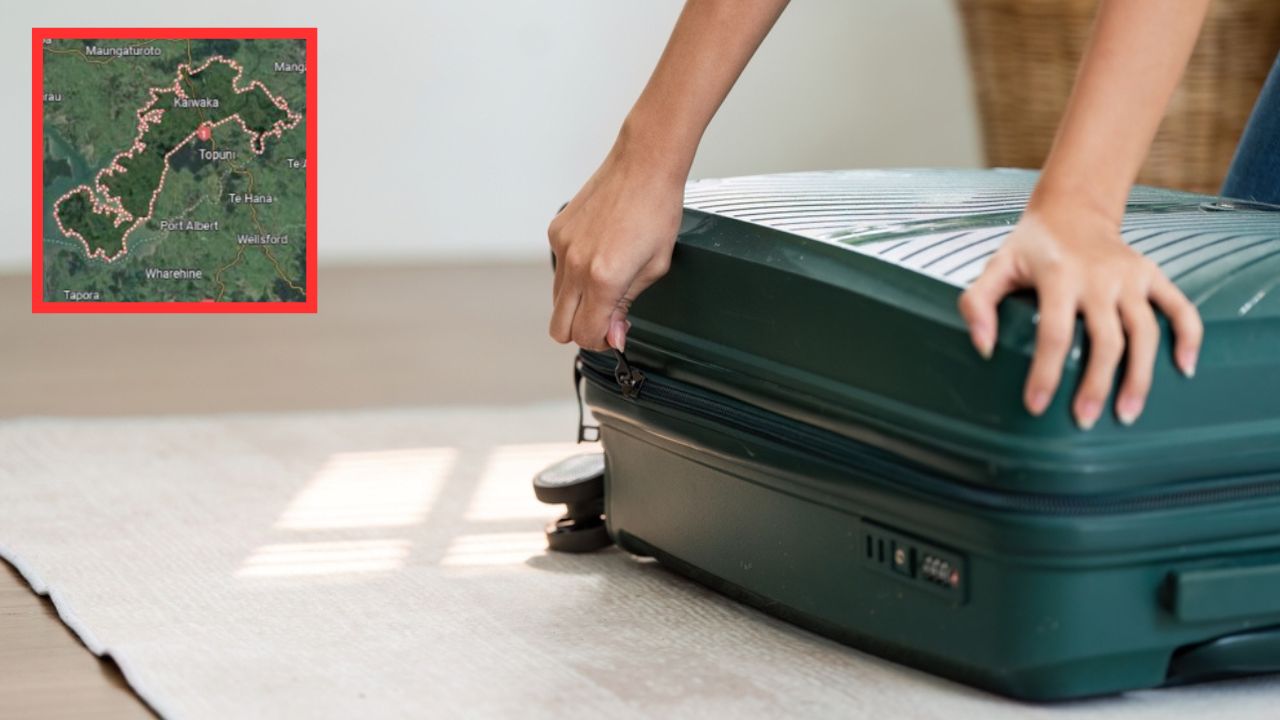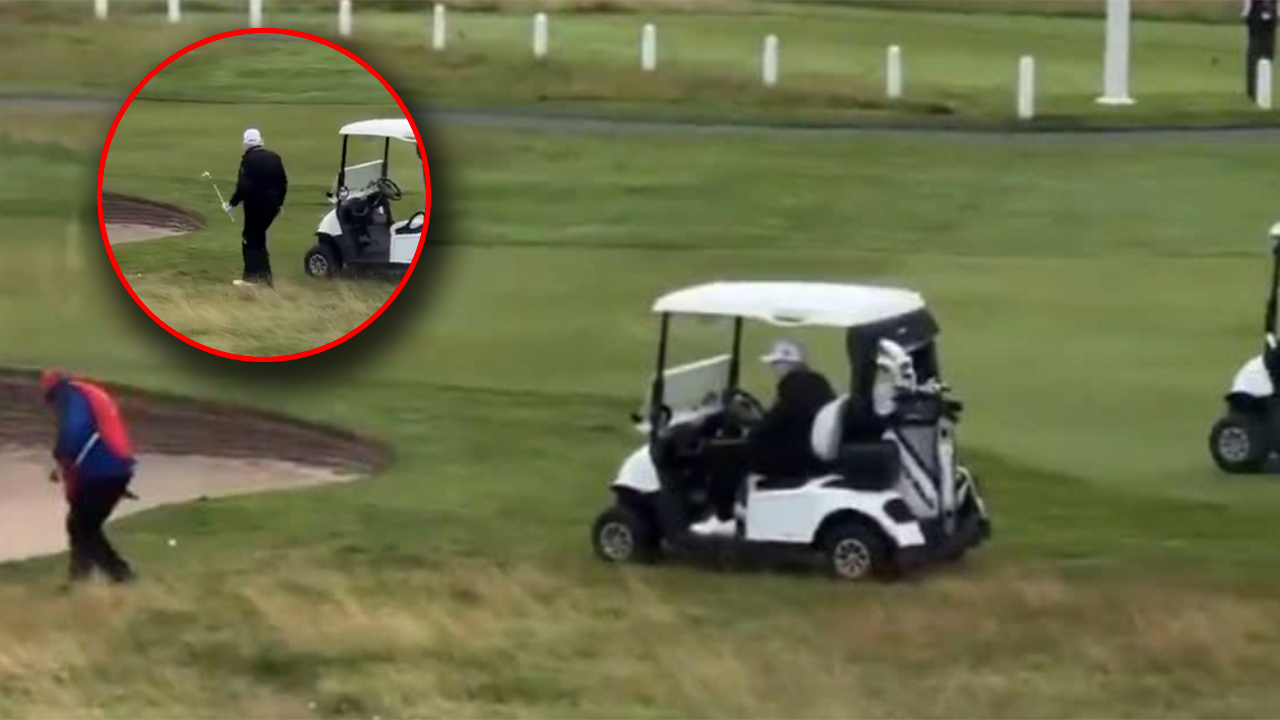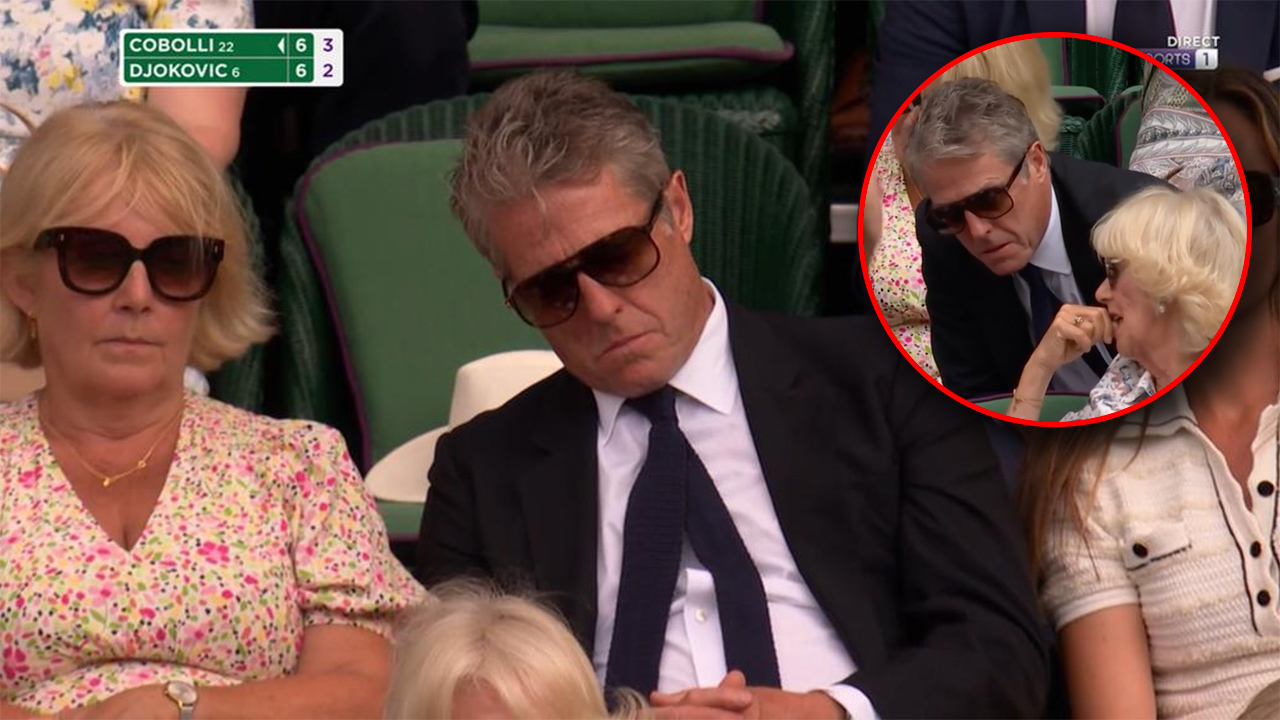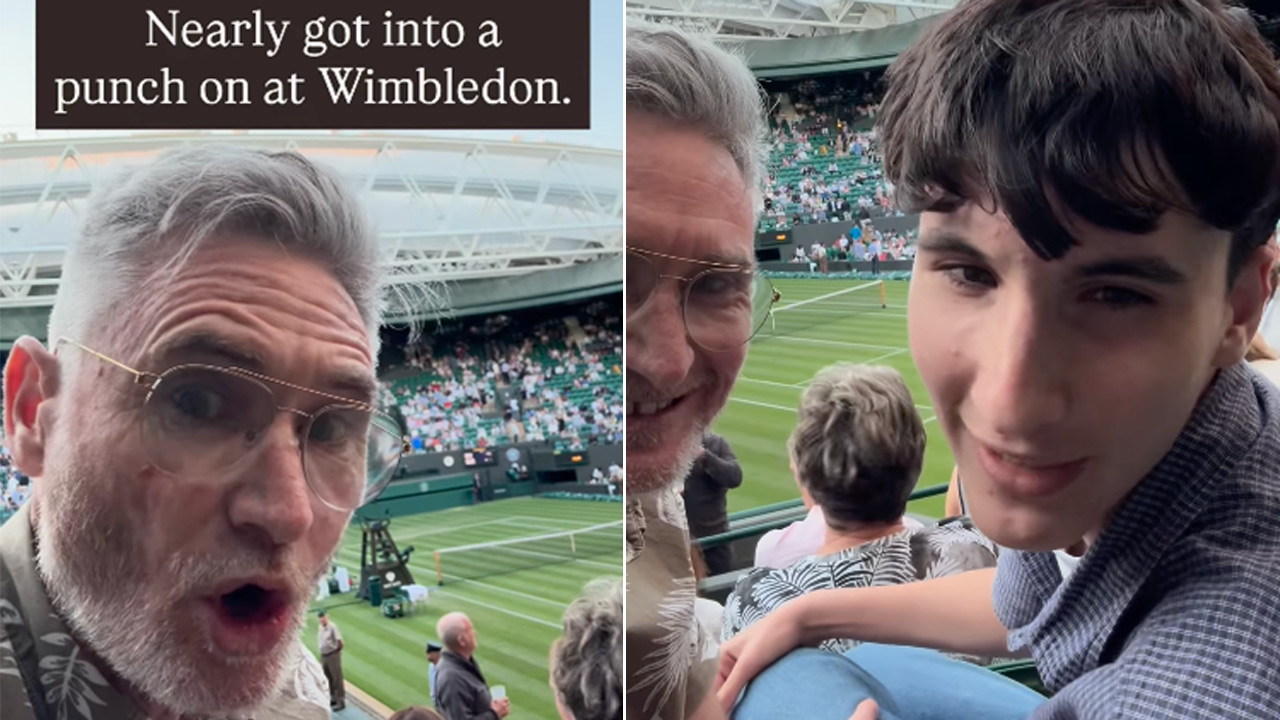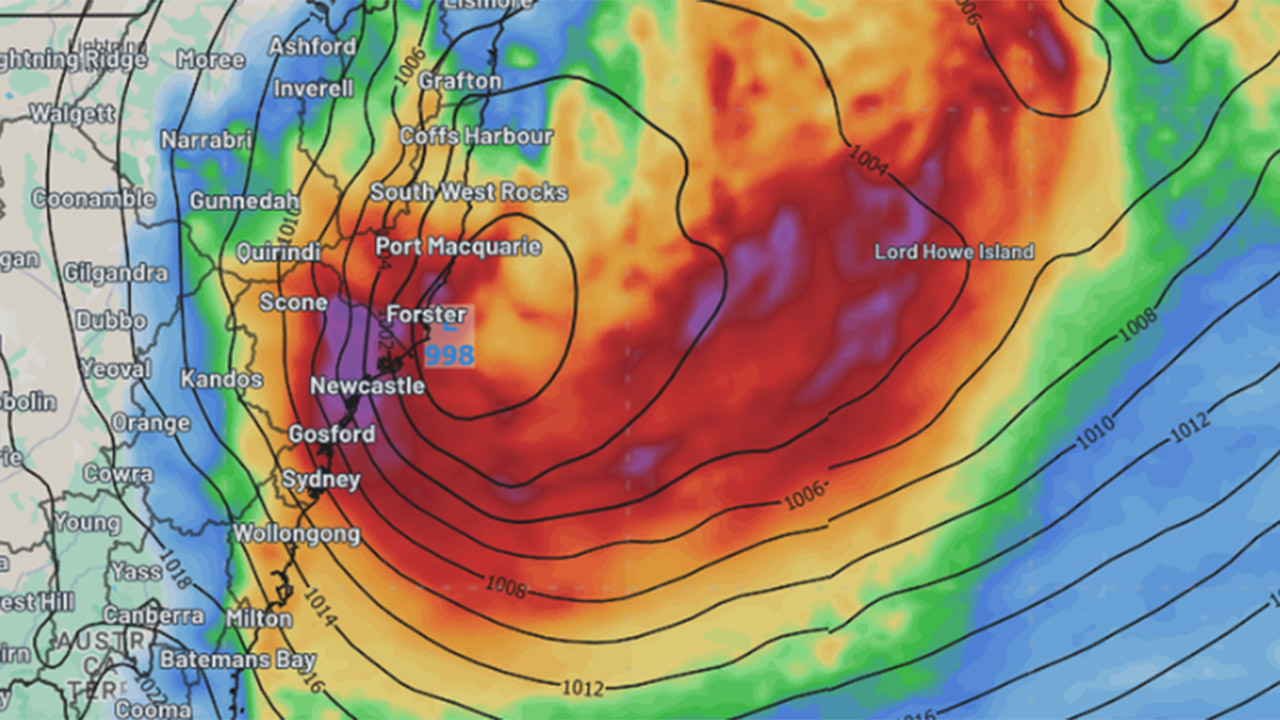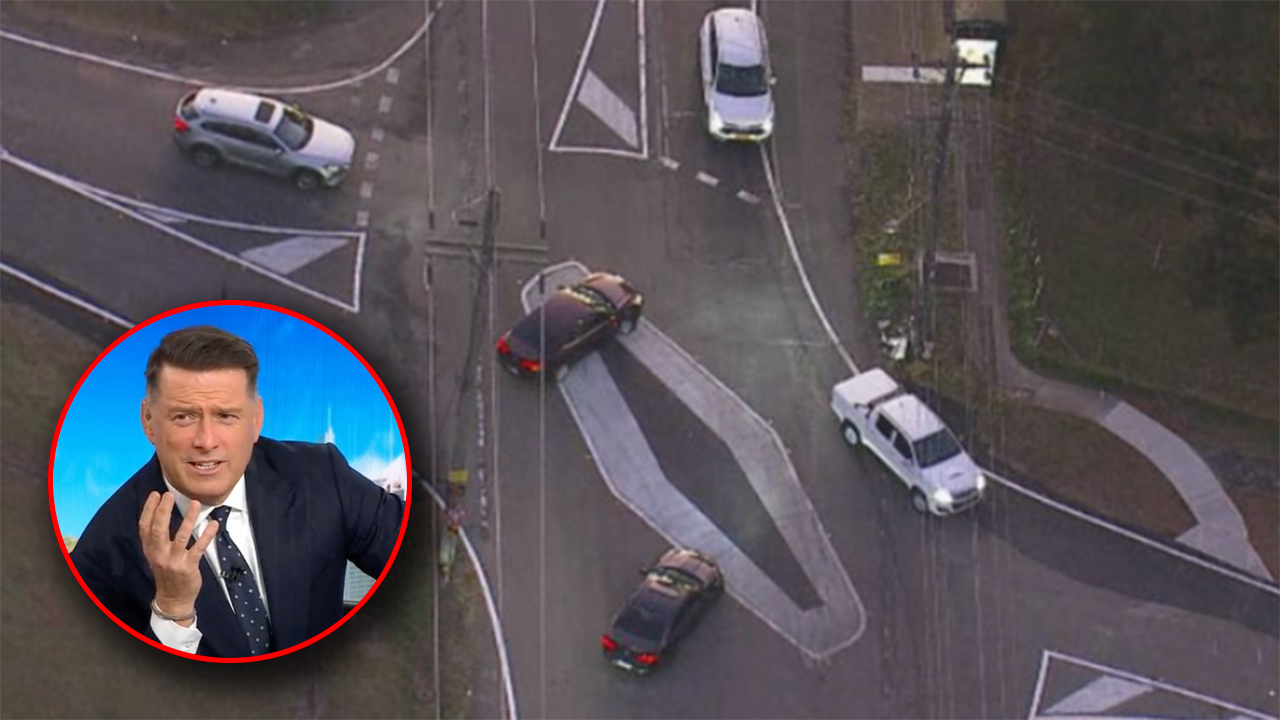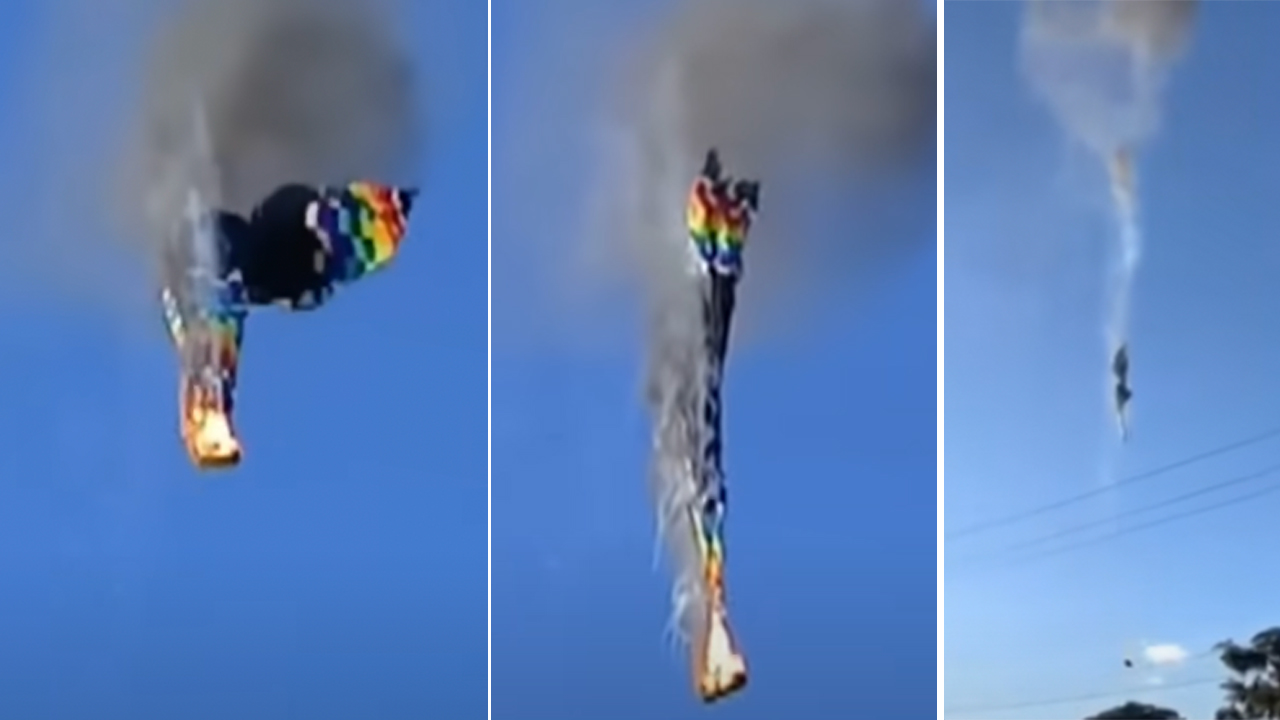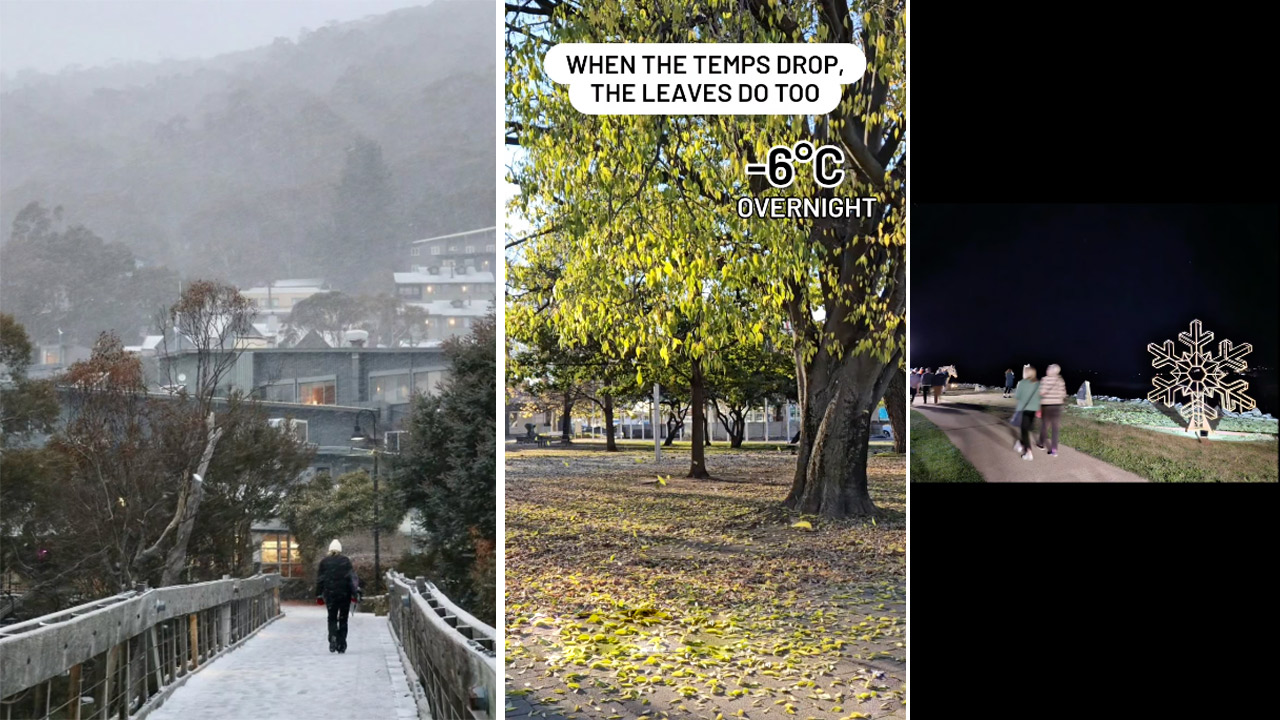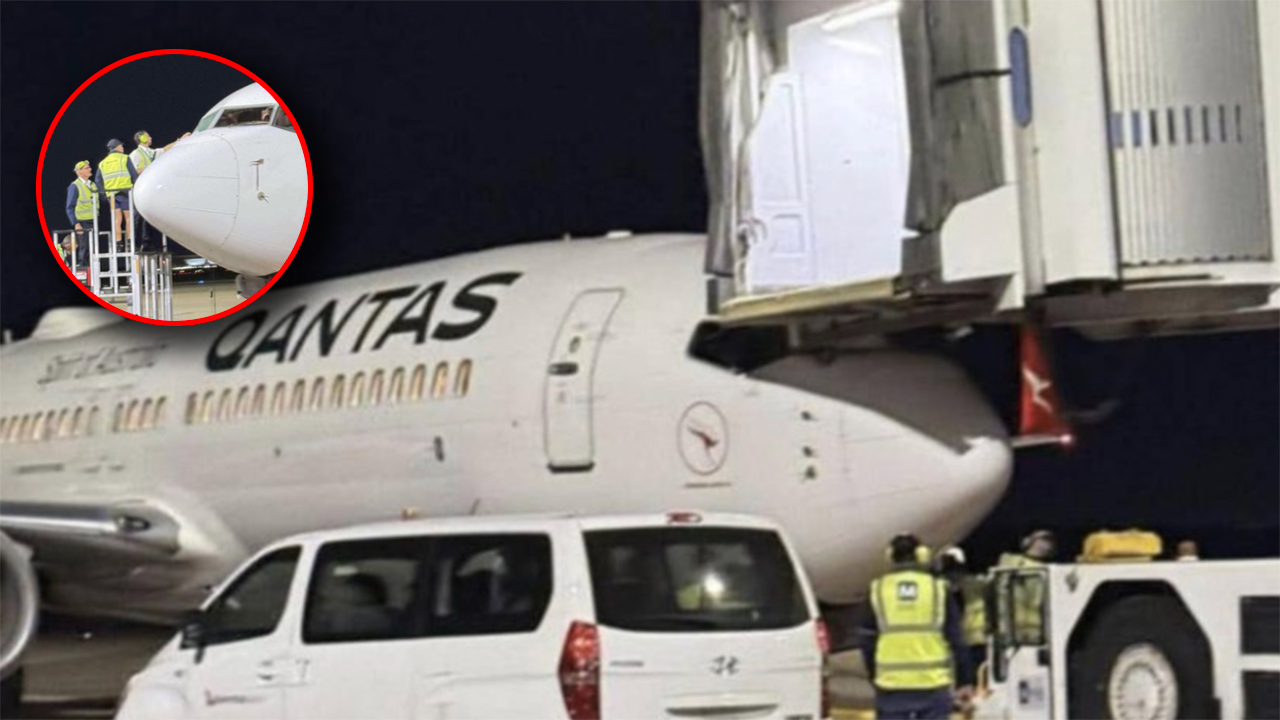Singapore has decided to extend its partial lockdown by another four weeks after reporting thousands of new coronavirus cases in recent days, according to Prime Minister Lee Hsien.
Singapore reported 1,111 new cases on Tuesday, increasing its total to 9,125 and marks the second straight day of over 1,000 new cases.
Foreign workers who were staying in crowded dormitories accounted for nearly 80 per cent of the new infections and was a result of aggressive testing, including those who were asymptomatic.
“Many will be disappointed by the extension of the circuit breaker, especially our businesses and workers, who are hurting greatly,” Lee said in a televised speech.
“But I hope you understand that this short-term pain is to stamp out the virus, protect the health and safety of our loved ones, and allow us to revive our economy.”
It comes after ABC health correspondent Dr Norman Swan warns that it’ll be harder to get the Australian community to comply with lockdown restrictions if a second wave of the virus were to hit the nation.
He also admitted that the current lockdown is “unsustainable” on ABC Breakfast TV on Tuesday morning..
“People are going to get frustrated and driven nuts by the kids at home, and something has got to be done.”
“It is unsustainable.”
The restlessness of the population puts the federal and state governments in a tough position as introducing restrictions the second time around might not have the same level of compliance from the public.
“If you do it too soon and you get a second wave, this is what business fears,” Dr Swan said.
“There’s plenty of businesses that don’t want it to be lifted too soon, because the worst thing that they can imagine is then two or three months’ time, they have to shut down again. And that’s going to be very hard for government to do.”
Dr Swan warned that the second wave of coronavirus infections “could be much worse because you’re probably going to find it very hard to convince people to go back into lockdown.”
There is a “disturbing factor” that could stop lockdown restrictions from easing in four weeks’ time.
“Disturbingly, there’s about 10 per cent where we don’t know the contact of people getting infected, albeit at very low numbers,” he said.
“But we really could get down to almost zero very quickly, and if we could just hold our water for another couple of weeks, we could be really in a very good place to lift things much faster and in a more sustained way.”
